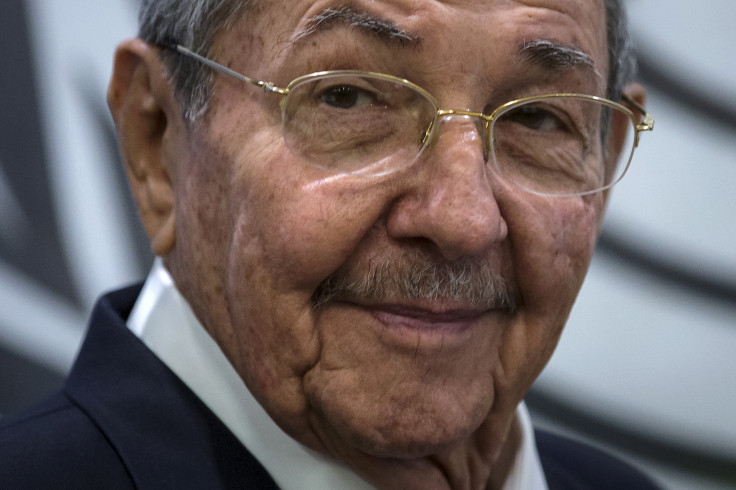Cuba United Nations Speech 2015: Cuban President Raul Castro Calls On US To End Blockade, Pay Reparations

Cuban President Raul Castro blamed the United States for aggravating his country's economic turmoil and demanded reparations Monday when he addressed the U.N. General Assembly in New York City for the first time as president. Even though the two countries this year restored relations, Castro said the 55-year-old trade blockade impedes the country's economic progress.
Diplomatic ties between the United States and Cuba progressed in July when President Barack Obama announced he would ease trade and travel restrictions, and both countries reopened their embassies for the first time since 1961. But in his speech, Castro warned Obama further steps need to be taken to re-establish full relations.
"Now a long and complex process begins to the normalization of relations," Castro said. "This will only be achieved with the end of the economic and social blockade against Cuba."
#CubaMovingAhead Raúl Castro demanded the lifting of the blockade, the returning of the Gitmo Naval Base and the end of aggressions
— Maryla García Santos (@marylagarcia) September 28, 2015
Castro demanded the U.S. return Guantanamo Bay military base and pay reparations for economic woes. He said Cuba can agree to fully normalized relations upon "the return to our country of the territory illegally occupied by the Guantanamo Naval Base, the cessation of radio and TV broadcasts, and of subversion and destabilization programs against the island, and when our people are compensated for the human and economic damages they still endure."
In his speech, Castro said he will continue to ask the General Assembly to adopt a resolution that calls for an end to the U.S. embargo on Cuba.
"As long as the blockade persists, we will continue introducing draft resolutions at the United Nations General Assembly," Castro said.
Castro estimated in a speech Saturday the embargo has caused $121 billion in damage to Cuba's economy when he spoke at the U.N. development summit. Again, he called for the United States to lift its embargo on Cuba -- a measure he said was backed by the majority of the U.N. member-states.
“Such a policy is rejected by 188 U.N. member-states that demand its removal,” Castro said.
© Copyright IBTimes 2025. All rights reserved.






















